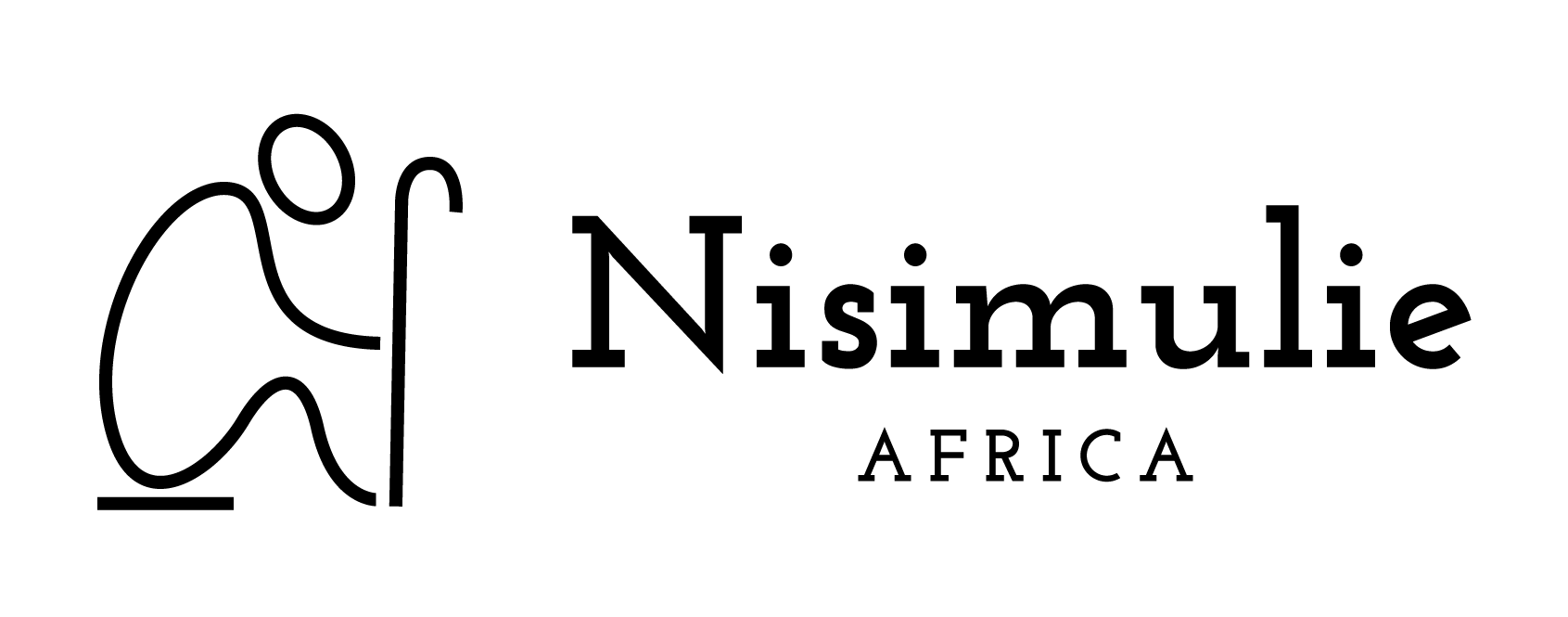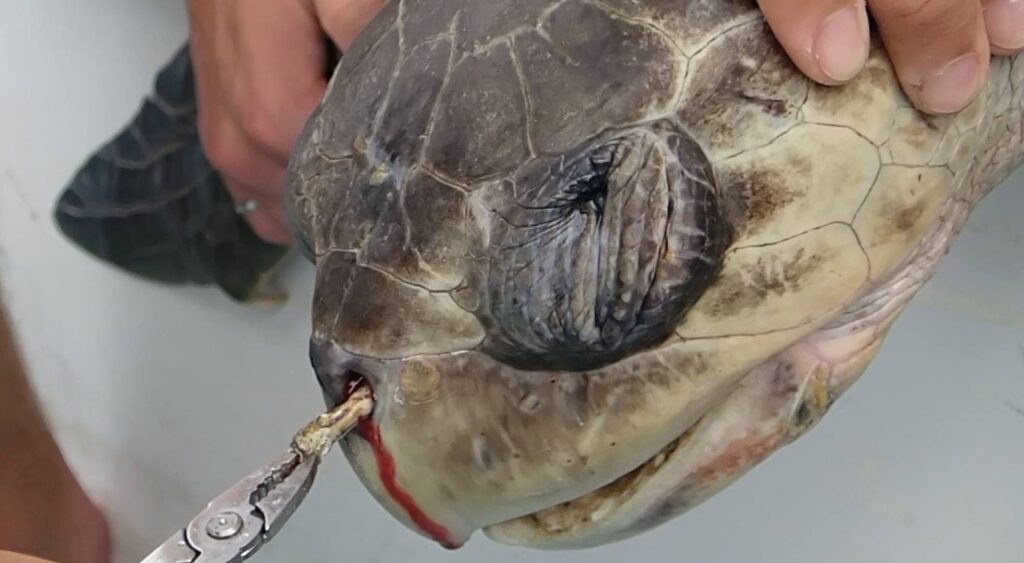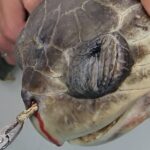You may ask – How did an 8 inch PLASTIC straw get up so far this turtle’s nostril?
But the real question is – How irresponsible is it of us in managing our own waste that this plastic straw ended up in the turtle’s natural habitat.
This short clip, filmed by marine conservationist and biologist Christine Figenner while out on a research assignment out in Costa Rica, shows how a male olive ridley sea turtle, with a straw hurled up his nostril, undergoes an agonising 8 minutes as the team tries and successfully pulls out a 10cm long plastic debris and freeing the turtle from the excruciating discomfort that he had unwillingly been living with.
We keep feeding tons of plastic waste into the world’s oceans every single day owed to both universal waste mismanagement and a lagging shift into biodegradables and other safe environmentally conscious alternatives.
This challenge sets in even deeper to the less developed countries whose economies (just as equally as in the developed countries) are adversely impacted by waste management.
The natural environment plays an important role in supporting economic activity, both
→directly, by providing resources and raw materials such as water, timber and minerals that are required as inputs for the production of goods and services;
and
→ indirectly, through services provided by ecosystems including carbon sequestration, water purification, managing flood risks, and nutrient cycling.
Natural resources are, therefore, vital for securing sustainable economic growth and development.
Waste policy is a key part of ensuring that raw materials are used efficiently. However, failure to fully account for their value in economic decisions means that these resources are over-consumed. This, in turn, poses risks to long-term economic growth by breaching critical thresholds beyond which natural assets cannot be replaced and can no longer support the desired level of economic activity.
As such, this creates the imperative for shifting to an environmentally sustainable growth path, and eventually to a green economy.
Image source : Plastic Pollution Collision



